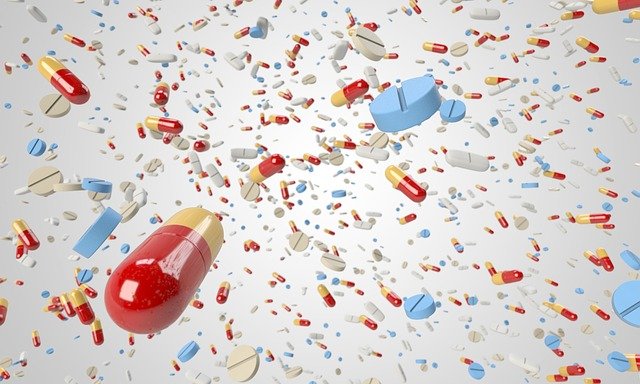Some Antibiotics That Are Effective in Treating Epididymitis
Date:2022-07-28 click:0
Epididymitis is usually treated with antibiotics. Since epididymitis is a type of non-specific infectious inflammation of the male genitourinary system, the natural course of the disease is usually about four weeks. It is mainly caused by the infection of urinary system bacteria, such as Escherichia coli, Proteus, Staphylococcus, and Streptococcus, through hematogenous and lymphatic routes.

Epididymitis can take antibiotics, such as erythromycin, levofloxacin tablets, tetracycline, etc. A cephalosporin such as metronidazole can also be taken. Patients should go to the urology department of a regular hospital for a detailed examination to clarify the cause and then symptomatic treatment, rather than self-medication.
The most commonly used antibiotic for the treatment of epididymitis is erythromycin. The effect of erythromycin is the best, which can improve the patient's condition faster. Generally, the patient's condition will gradually improve after a period of treatment. After the treatment is completed, the patient must insist on taking it for about a week, which will prevent the recurrence of the disease.
Patients can also be treated with antibiotics such as doxycycline or lincomycin. Such antibiotic treatment will make it easier to control the inflammation in the patient's body and get a good therapeutic effect and effect.
Whether acute or chronic, men must first identify the pathogenic bacteria and carry out antibacterial treatment according to the pathogenic bacteria. Acute epididymitis is generally treated with cephalosporins and levofloxacin. In addition, non-steroidal anti-inflammatory drugs or alpha-blockers can be used to relieve pain. Antipyretic analgesics are used to treat systemic symptoms such as fever. Chronic epididymitis is generally treated with sensitive antibiotics such as cephalosporins and levofloxacin for long-term treatment.
Suppose the pathogenic bacteria cannot be clearly diagnosed. In that case, the pathogenic bacteria can be determined according to the time characteristics of the onset of the disease, the triggering factors, and accompanying symptoms, and the corresponding antibiotics or drug treatment can be selected.
Patients should not drink alcohol or eat too spicy food while taking antibiotics. Otherwise, the treatment time will be delayed. Patients must also pay attention to bed rest. During the treatment, they should drink more water and prohibit intercourse. It is recommended to adjust the work and rest time during the treatment and not stay up late or be overworked. Frequent physical exertion or strenuous exercise can increase testicular pain. At the same time, they should also be reviewed regularly to achieve a good healing effect. They can also use a cloth bag to hold up the scrotum to reduce the feeling of bulging in the scrotum.
Most patients with epididymitis symptoms will disappear after drug treatment, but not all patients with epididymitis can be cured with antibiotics. Surgery is needed if the patient is not responding to antibiotics or may develop an abscess. If chronic epididymitis develops with severe and recurrent local pain affecting life and work, epididymectomy may be considered.
In addition, concurrent prostatitis, seminal vesiculitis, and urethritis must be treated. Patients can choose Diuretic and Anti-inflammatory pill, which has sterilization functions, can eliminate inflammation and swelling, and can effectively cure epididymitis and other male urogenital diseases.
You may also be interested in:



